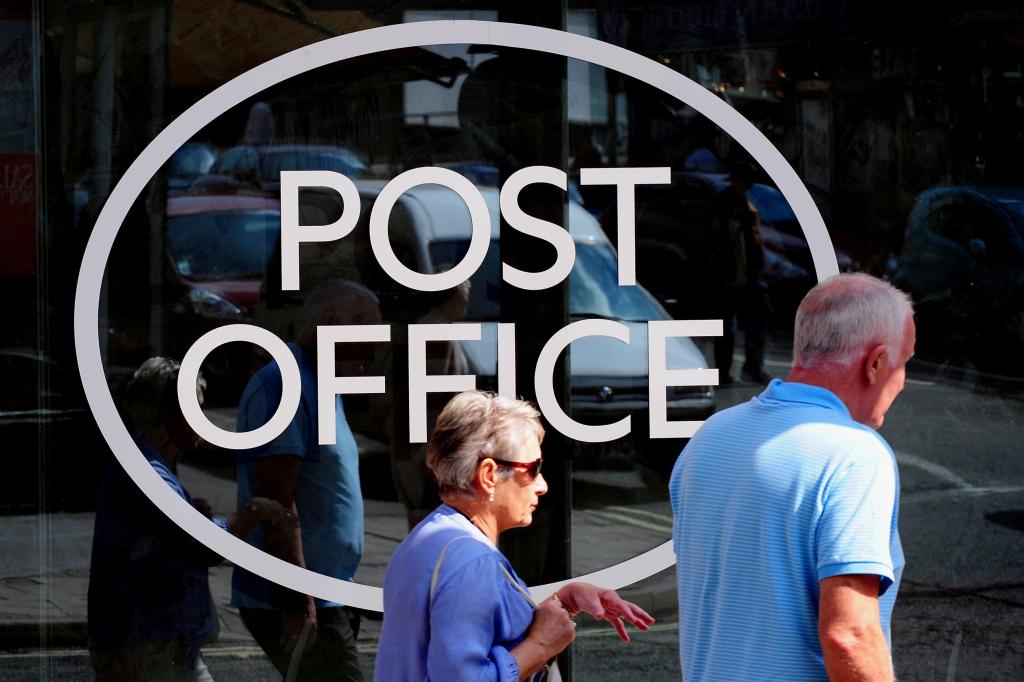Post Office Restructuring Plans Aim to Secure Future
Explore the Post Office's bold restructuring plans to close branches, empower sub-postmasters, and secure its future in a changing landscape.

Key Points
- The Post Office plans to close 115 loss-making branches, affecting around 1,000 jobs, as part of a financial restructuring.
- New chairman Nigel Railton
emphasizes a commitment to empower sub-postmasters by increasing their revenue share and restoring public trust.
- The government supports a strategy involving potential mutualisation to enhance community involvement and sustainability of Post Office services.
The Post Office, a long-standing institution in the UK, is currently facing significant restructuring as it strives to adapt to the evolving landscape of financial and postal services. With plans to close more than 100 branches and cut around 2,000 jobs, the organization is committed to securing its future amidst ongoing challenges, including the fallout from the notorious Horizon IT scandal.
As part of a broader strategy to enhance financial sustainability, the Post Office is considering the closure of 115 loss-making branches, commonly known as Crown Post Offices. This move is anticipated to affect approximately 1,000 employees and may lead to additional job cuts at its headquarters as the company seeks to streamline operations. The decision is underscored by the need to create a more robust framework that responds effectively to changing consumer demands.

Addressing Historical Wrongs
One of the crucial aspects of this restructuring is the context of the Horizon IT scandal. This scandal, one of the gravest miscarriages of justice in UK history, involved the wrongful prosecution of nearly 1,000 sub-postmasters due to faulty accounting software. In light of this history, the new chair of the Post Office, Nigel Railton, is determined to restore trust and transparency within the organization. Efforts to support sub-postmasters include a proposed increase in their share of revenue, which is expected to reform their compensation structure significantly.
The initiative aims not only to rectify past mistakes but also to empower sub-postmasters by giving them a more substantial voice in the company’s operations. As Railton emphasized, it is essential to shift towards a model that prioritizes the interests of those on the front line, ensuring they contribute to crucial decision-making processes.

Community and Economic Impact
With around 11,500 Post Office branches across the UK, the potential closures could have a far-reaching impact on local communities. The loss of these branches might not only lead to job losses but also diminish local access to vital services that many rely on. In a rapidly shifting marketplace, where online services dominate, maintaining relevance is essential for the Post Office. Hence, the organization is exploring partnerships with retailers like WHSmith and Tesco to offer various services and possibly mitigate the adverse impact of branch closures.
Moreover, the government is actively supporting these transformations by discussing options such as mutualisation, which would allow sub-postmasters to take ownership of branches. This grassroots approach could empower local operators and promote a sense of community ownership, ultimately aiming to reposition the Post Office as a vital hub in local economies.
Looking Ahead: A New Era for the Post Office
As the Post Office embarks on this ambitious restructuring plan, the focus on increasing remuneration and enhancing services for postmasters is particularly encouraging. This proactive approach is pivotal in restoring public confidence and ensuring the organization meets the evolving needs of its customers. While significant challenges lie ahead, the commitment to learn from past errors and invest in local communities offers a promising path forward.
By prioritizing community needs and revitalizing its business model, the Post Office has the potential to not only secure its future but also reaffirm its status as a cherished British institution. As stakeholders await the implementation of this new strategy, there is cautious optimism that these changes will lead to a more responsive and responsible Post Office.


